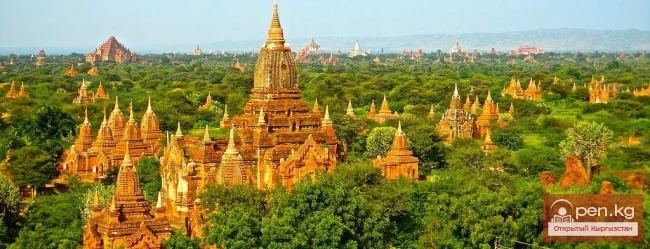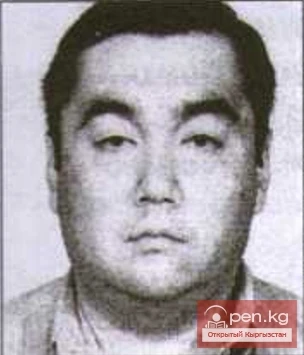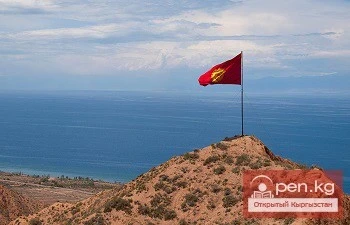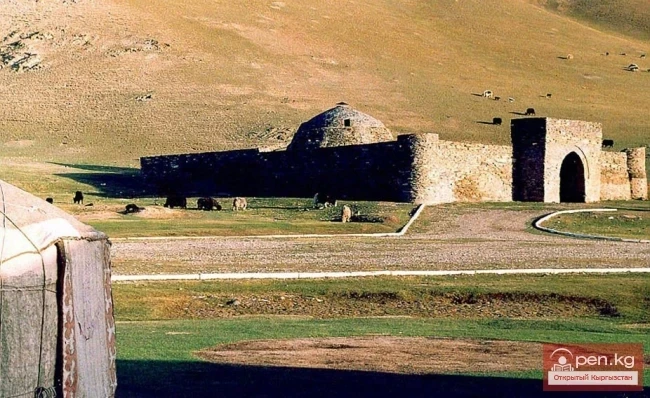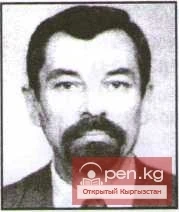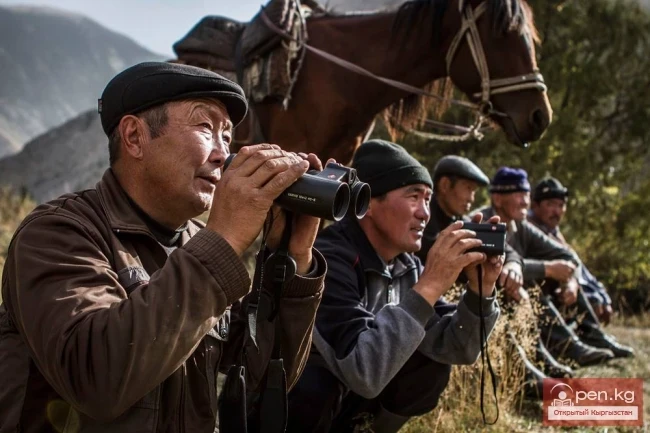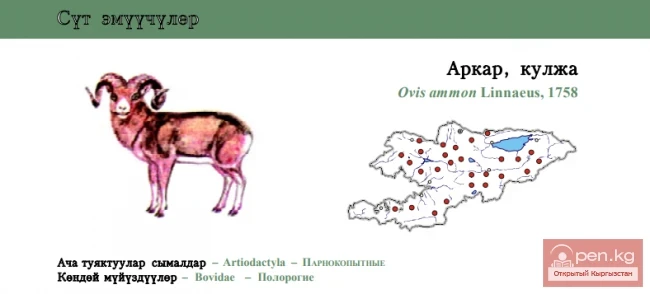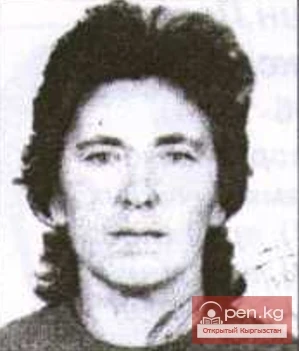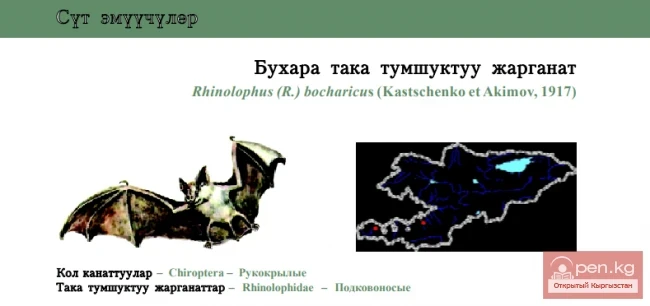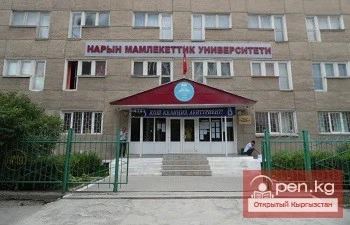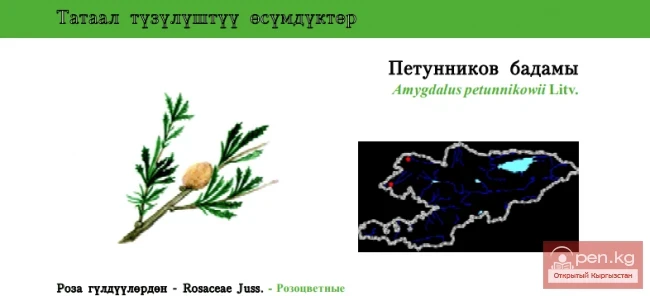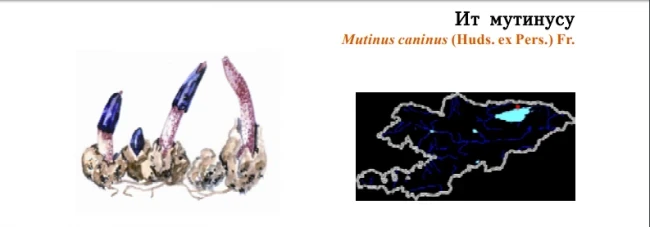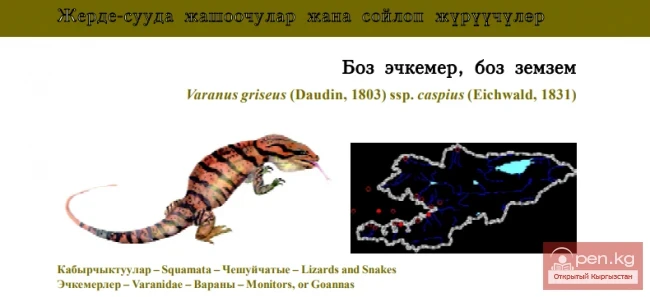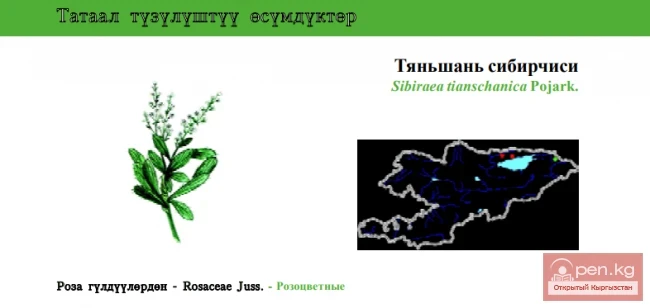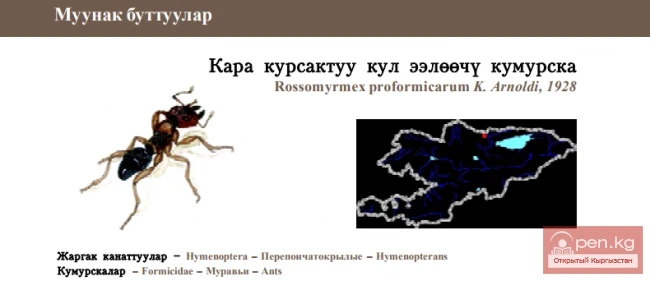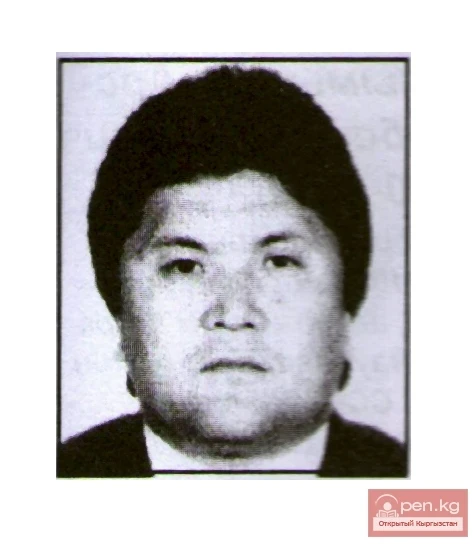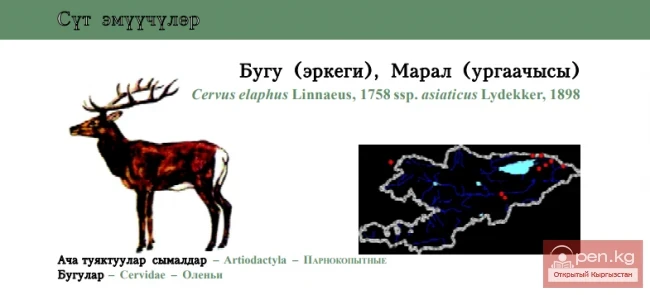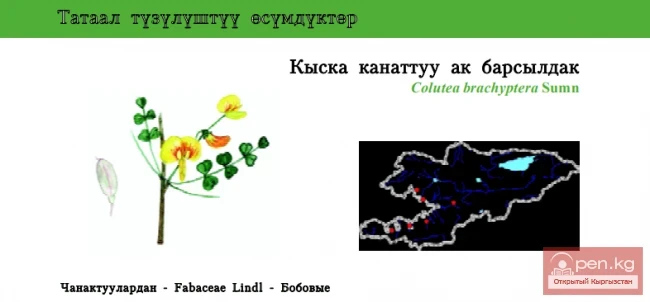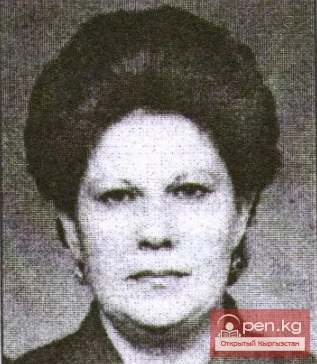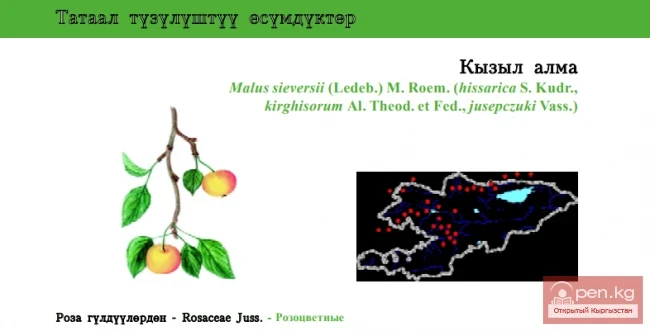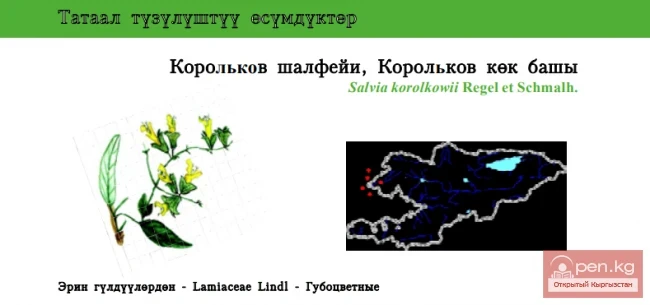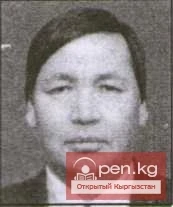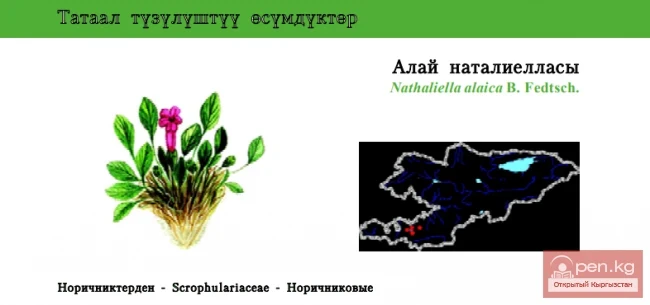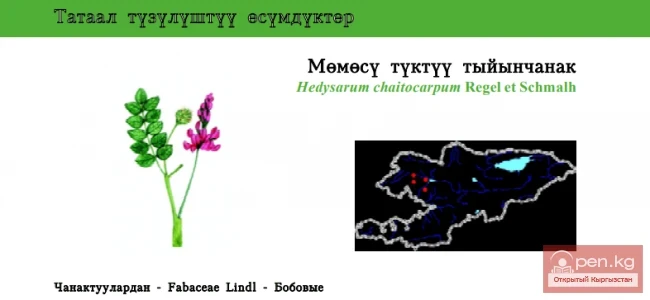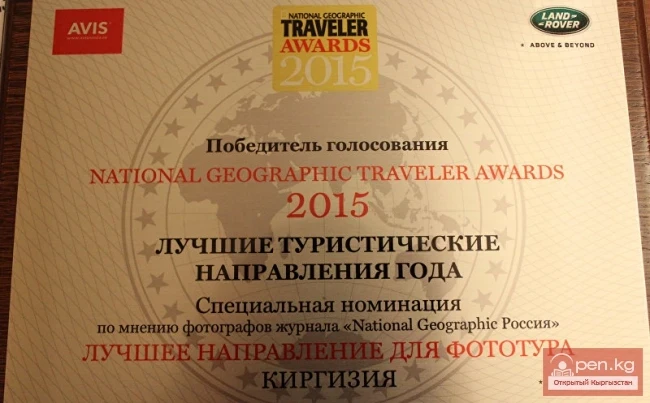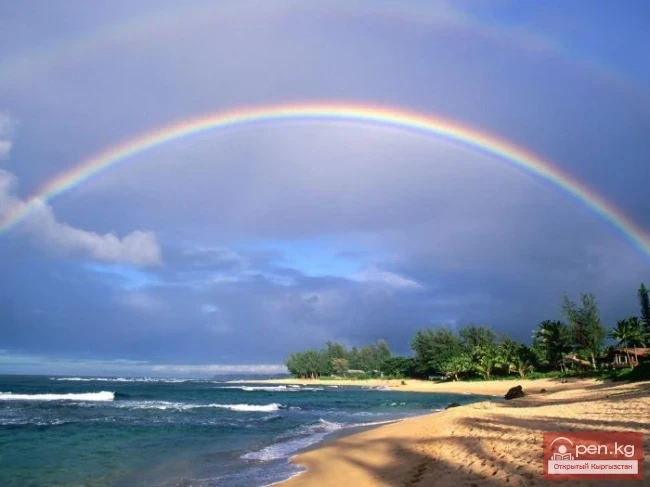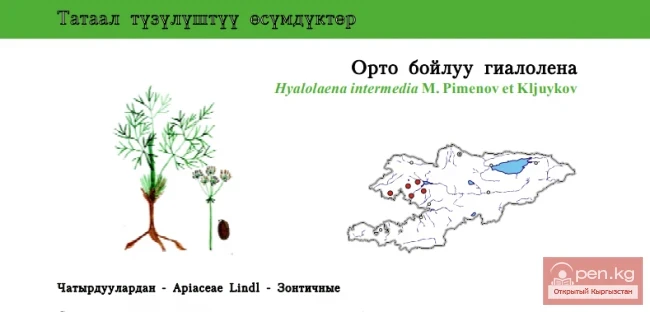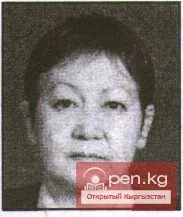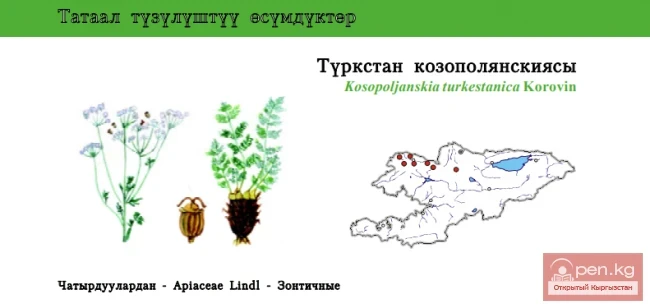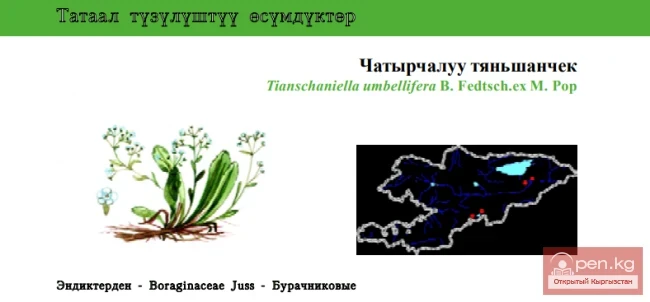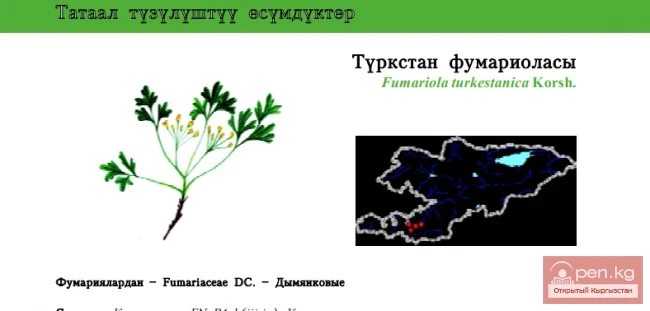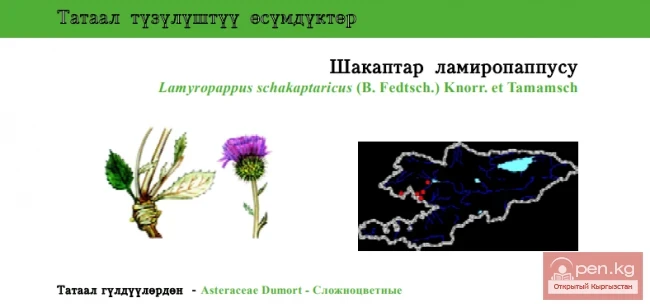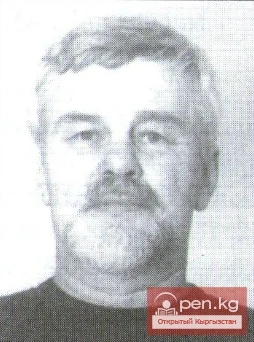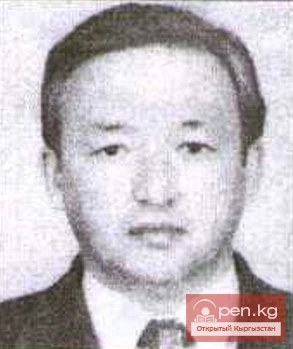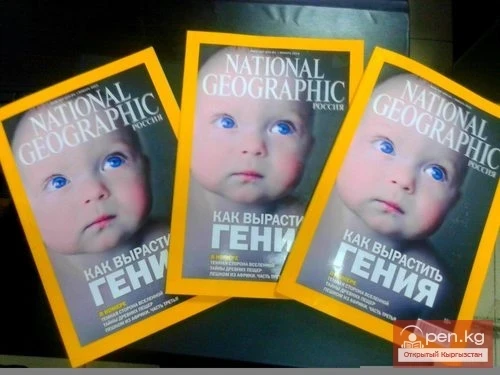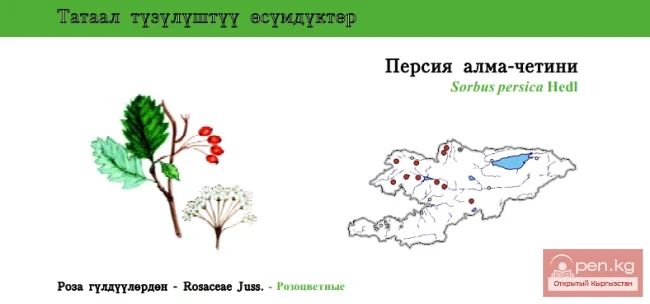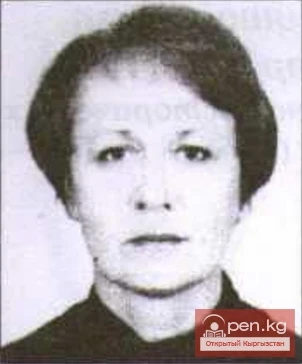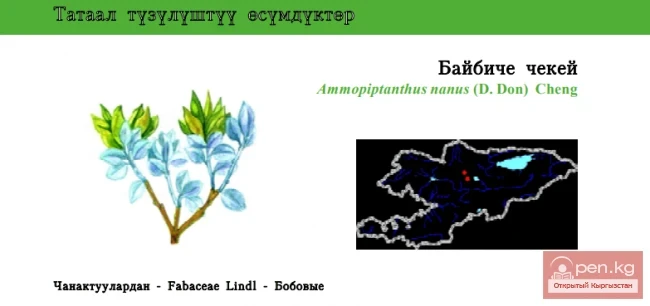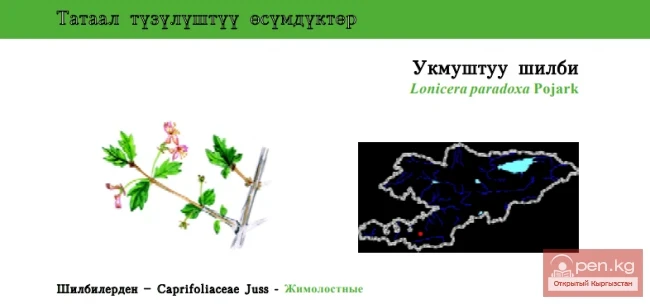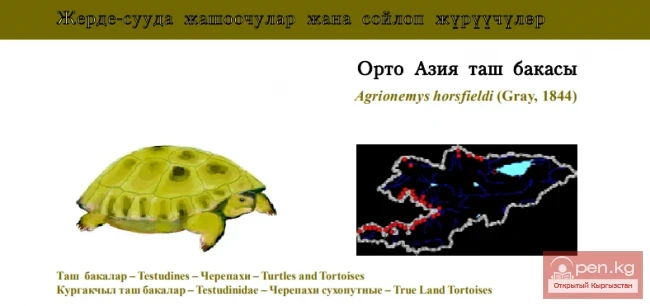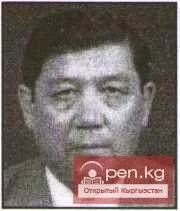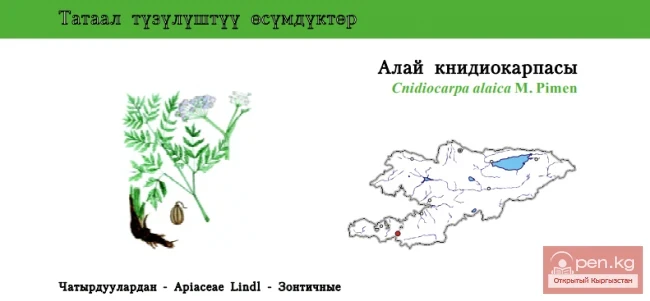MYANMAR. Union of Myanmar
A state (known as the Union of Burma until June 18, 1989) at the junction of South and Southeast Asia, in the northwestern part of the Indochinese Peninsula. Area - 678 thousand km². Capital - Yangon (formerly known as Rangoon; 4 million), largest cities: Mandalay, Pathein (Bassein), Mawlamyine, Sittwe. Administrative-territorial division - 7 national and 7 administrative regions. Population - about 54 million (2005); 69% - Burmans, 7% - Karens, 5% - Shans, the rest - Kachins, Chins, Mons, representatives of other small ethnic groups, as well as immigrants from China, India, Nepal, etc., totaling 135 ethnic groups. The official language is Burmese. The main religion is Buddhism; there are also Muslim, Hindu, and Christian communities. The currency is kyat (kya).
It has diplomatic relations with the Russian Federation (established with the USSR on November 18, 1948).
National holiday - January 4 - Independence Day (1948).
Power in the country was held by the State Law and Order Restoration Council (SLORC) from the coup on September 18, 1988 until November 1997. In November 1997, it was transformed into the State Peace and Development Council (SPDC). It is headed by Senior General Than Shwe (who led SLORC until 1992). He also holds the positions of Commander-in-Chief of the Armed Forces and Minister of Defense in a government composed of 29 military officers and 9 civilians (mostly retired military).
On May 27, 1990, general parliamentary elections were held, in which over 80% of the seats were won by the leading opposition party - the National League for Democracy (NLD; founded in 1988). SLORC refused to transfer power to the People's Assembly (parliament), justifying this by the need to stabilize the socio-economic situation. Some of the elected parliament members from 1990 settled abroad and formed a so-called national coalition government in exile led by Sein Win.
The military-political leadership sets two priority tasks: constitutional building and restoring peace through reconciliation with armed ethnic groups.
The main political event in recent years has been the resumption of the National Constitutional Conference (NCC). It is intended to serve as a national forum where dialogue between the military and representatives of socio-political forces and national minorities should take place to develop the foundational principles of the future constitution and state structure. The NCC should become the basis for advancing Myanmar on the path of national reconciliation and ensuring civil peace. Currently, negotiations are underway with armed formations of national minorities, and tensions have decreased in most peripheral regions.
The situation regarding human rights in Myanmar remains a subject of close attention from the West. The USA and the EU are implementing a policy of effective blockade of the Yangon regime.
Representatives from the opposition National League for Democracy (NLD) (88 people) were excluded from the NCC in an attempt to boycott its work, thereby depriving this party of the immediate opportunity to influence the constitutional development process. The NLD's practice of appealing to the international community with calls to stop economic assistance and any contacts with the military regime is used by the latter to accuse the opposition of the destructiveness of its policies and anti-Myanmar activities. NLD leader Aung San Suu Kyi is currently under "house arrest." At the same time, in 2004-05, the authorities released more than 20,000 prisoners, including some prominent opposition figures. The main demands of the opposition, which are absolutely unacceptable to the military, are the recognition of the results of the 1990 general elections and the convening of a legally elected parliament.
The military leadership of Myanmar views the resolutions adopted annually at the UN General Assembly and in the Human Rights Commission on the "Myanmar issue" as biased and unobjective.
Myanmar is the oldest state in Southeast Asia. In the 11th-13th centuries, the state of Pagan existed on its territory, where Buddhism was established. In the mid-18th century, the Burmans, having defeated the Mon states, unified the country. In the 19th century, Great Britain, as a result of three wars (1824-26, 1852-53, 1885), captured the country, and from 1886 to 1937 it was part of British India, then became a separate colony (Burma). From 1942 to 1945, it was occupied by Japanese troops. In 1945, it was liberated as a result of a popular uprising and the actions of Allied forces.
On January 4, 1948, the British colony of Burma was proclaimed an independent republic of the Union of Burma and withdrew from the Commonwealth led by Great Britain.
From 1948 to 1962, representatives of parties expressing the interests of the large Burmese bourgeoisie and landowners were in power. The escalating internal political struggle led to a civil war, taking the form of a guerrilla movement in the peripheral regions. On March 2, 1962, power was seized by the military leadership headed by General Ne Win. As a result of mass popular protests in March-August 1988, Ne Win and his entourage were forced to resign. On September 18, 1988, a military coup occurred, placing the military leadership in power. The SLORC (now SPDC) was created, declaring its intention to transfer power to the People's Assembly (parliament) as a result of general elections "as soon as peace, law, and order are established in the country."
Until parliamentary elections are held, legislative power is exercised by the SPDC. According to the developing constitution, Myanmar is to be a republic headed by an elected president and parliament.
Myanmar's foreign policy is based on the principles of neutrality. Seeking to find a way out of international isolation, the country's leadership has begun to move away from its line of passive participation in international affairs. Myanmar has been a member of the UN since 1948. In September 1992, Myanmar restored its membership in the Non-Aligned Movement, from which it had withdrawn in 1979. It advocates a complete ban on nuclear weapon testing. (In December 1992, it joined the Treaty on the Non-Proliferation of Nuclear Weapons; in 1995, it joined the Treaty on the Southeast Asia Nuclear-Weapon-Free Zone; in 1996, it joined the Comprehensive Nuclear-Test-Ban Treaty.) In January 1993, it signed the Chemical Weapons Convention.
Myanmar's diplomacy sees its key task as creating favorable conditions for the accelerated modernization of the country. This is reflected in efforts to strengthen Myanmar's position in the "third world," the Non-Aligned Movement, expanding cooperation with neighboring states, and engaging in regional economic integration processes. Since 1952, it has been part of the Colombo Plan. In July 1997, Myanmar was admitted to ASEAN. It is part of the economic cooperation group - BIMSTEC (Bangladesh, India, Myanmar, Sri Lanka, and Thailand).
The basis of the economy is agriculture, which employs more than 70% of the population, with rice cultivation being the main sector; in 2004, 23 million tons of rice were harvested.
There are significant reserves of oil, natural gas, tin, silver, gold, lead, and others. The forests are rich in valuable timber species (especially teak). Industry is represented by enterprises in the forestry, mining, gas, oil extraction, energy, and food sectors. Annual production of oil is 7 million barrels, gas - 9 billion m³, electricity - about 3 billion kWh. Myanmar is the second-largest producer of raw opium in the world. The government's course towards modernizing the economy by transitioning it to market principles, gradually liberalizing economic relations, and stimulating foreign economic and trade ties in recent years has led to an increase in economic activity. GDP growth was, according to official data, 6%. The volume of foreign investments has significantly increased (7.5 billion dollars). Major investors include Singapore, China, France, Thailand, Malaysia, and South Korea.
Myanmar's foreign trade turnover reached 2.12 billion dollars. The country imports machinery and equipment, spare parts, raw materials and materials, fertilizers, and food products. The main export items remain seafood, agricultural products, timber, non-ferrous metals, and precious stones. The leading trading partners of Myanmar are China (the main political and trade-economic partner), Thailand, Singapore, India, Japan, and Malaysia.
Per capita income in Myanmar is 700 dollars per year. The inflation rate is 20-25%, and the budget deficit is about 3% of GDP. Gold and foreign exchange reserves amount to 700 million dollars. The external debt is about 6 billion dollars.
Daily newspapers are published: "Chaymoan," "Myanmar Alin," "New Light of Myanmar," and 6 magazines. The government service is the Myanmar News Agency (MNA). There is a state radio and television service.
